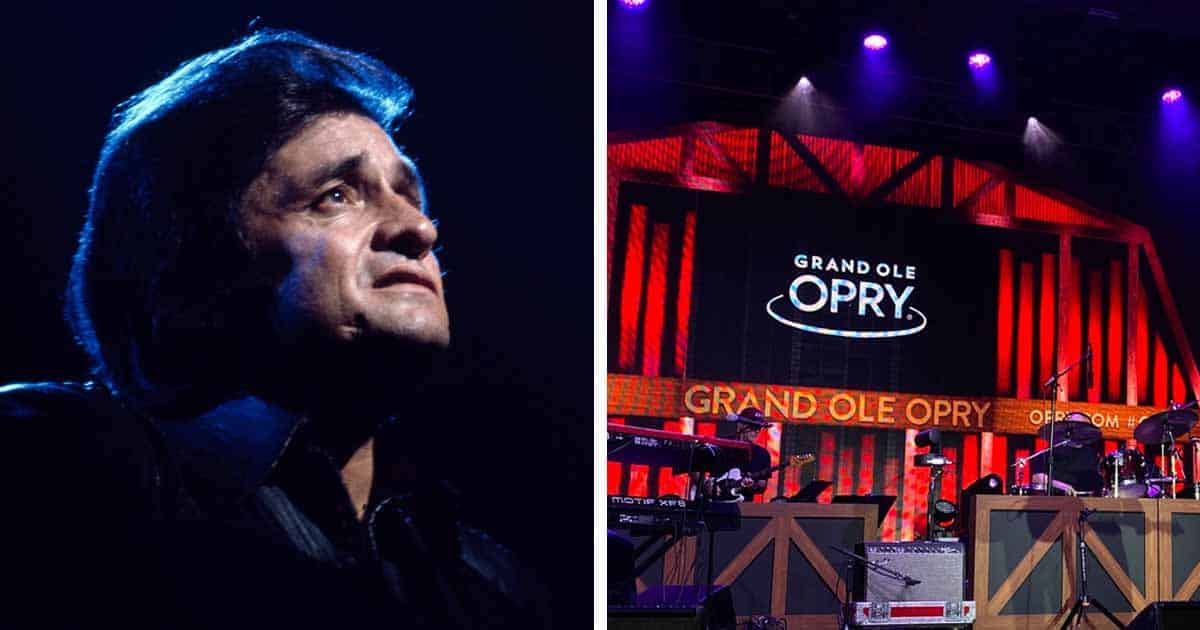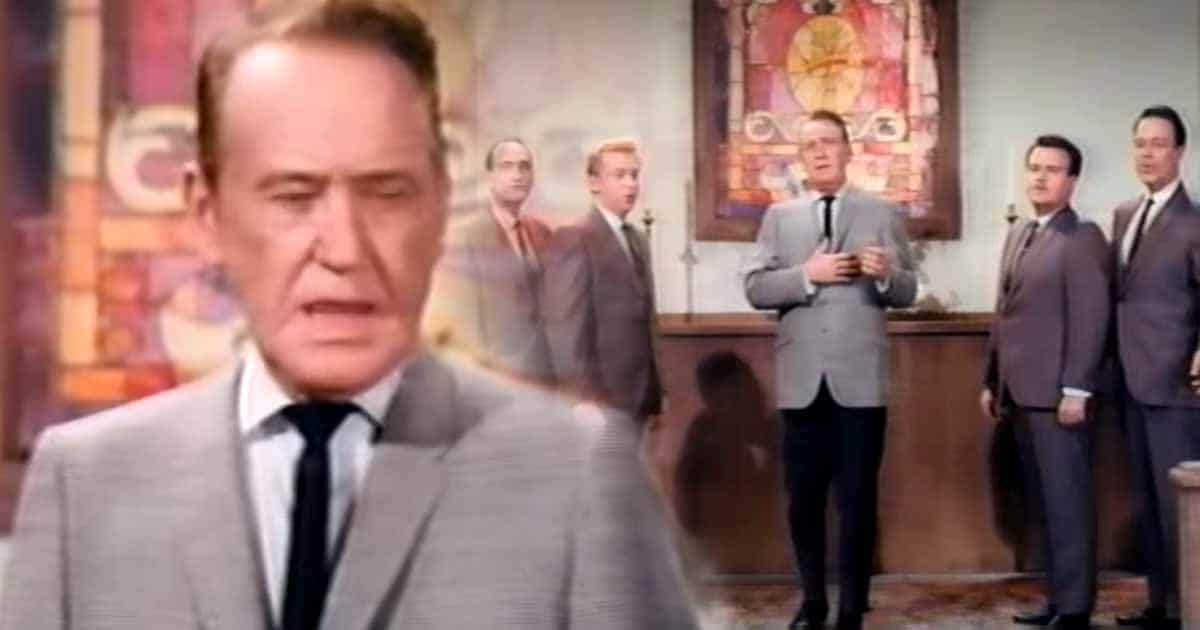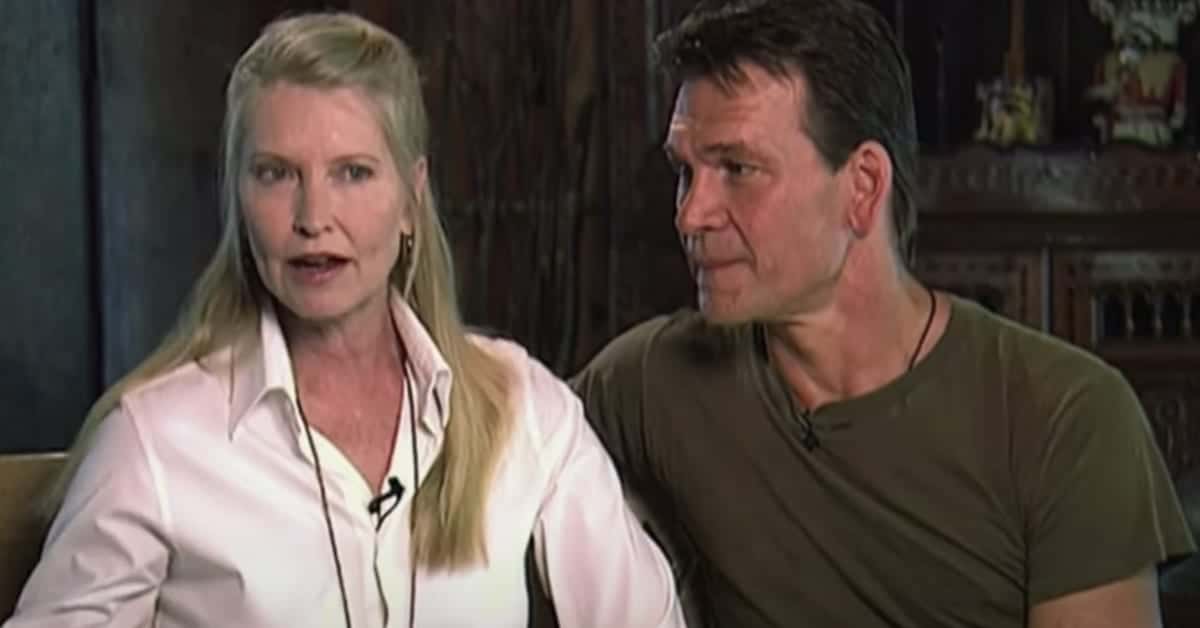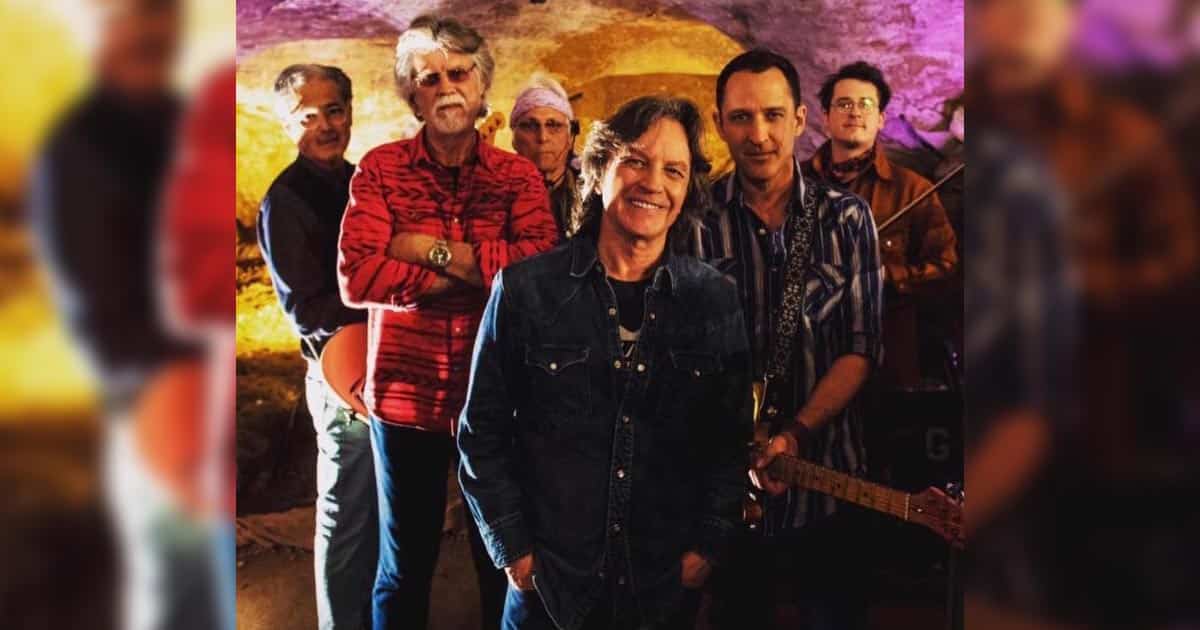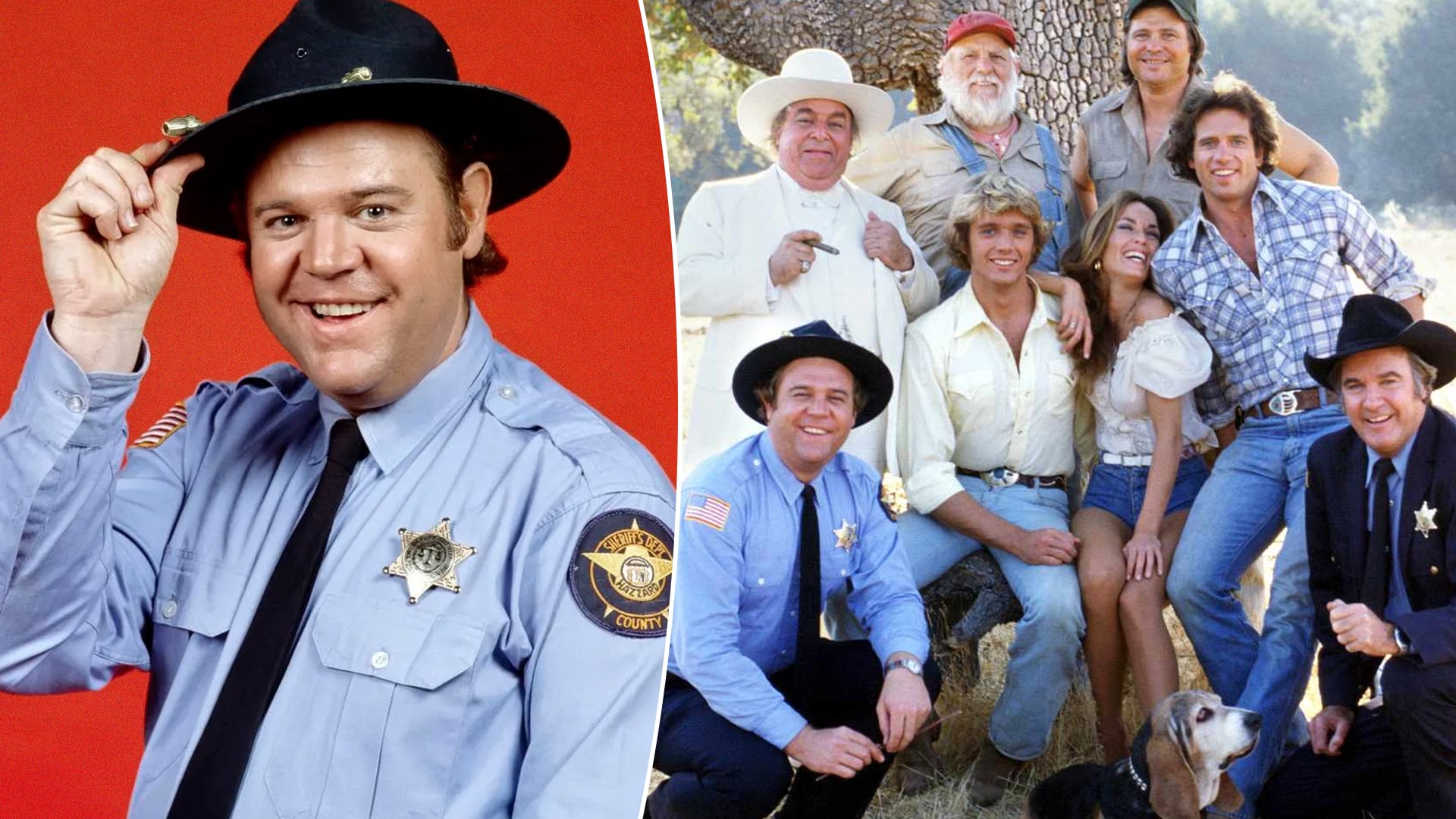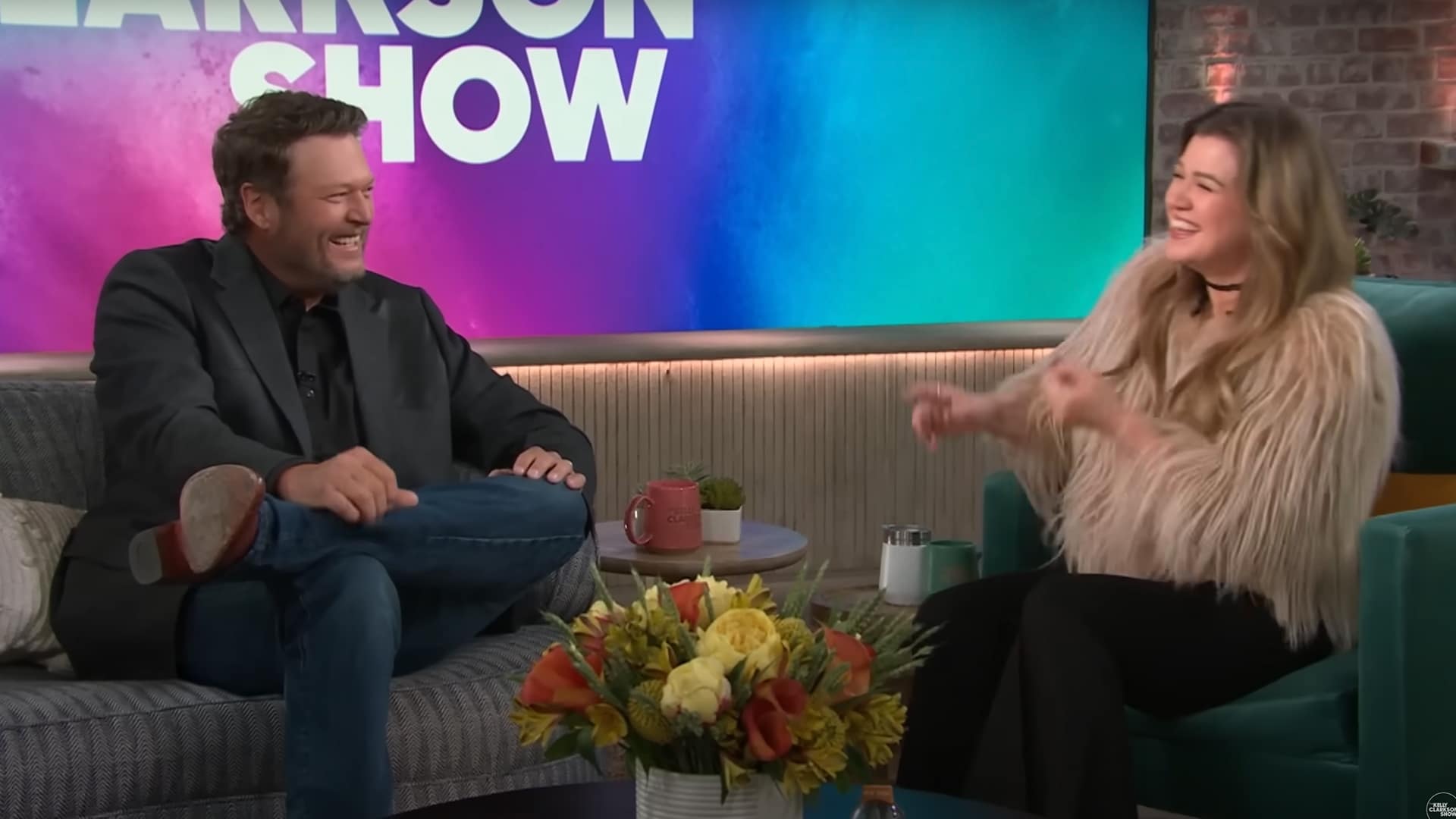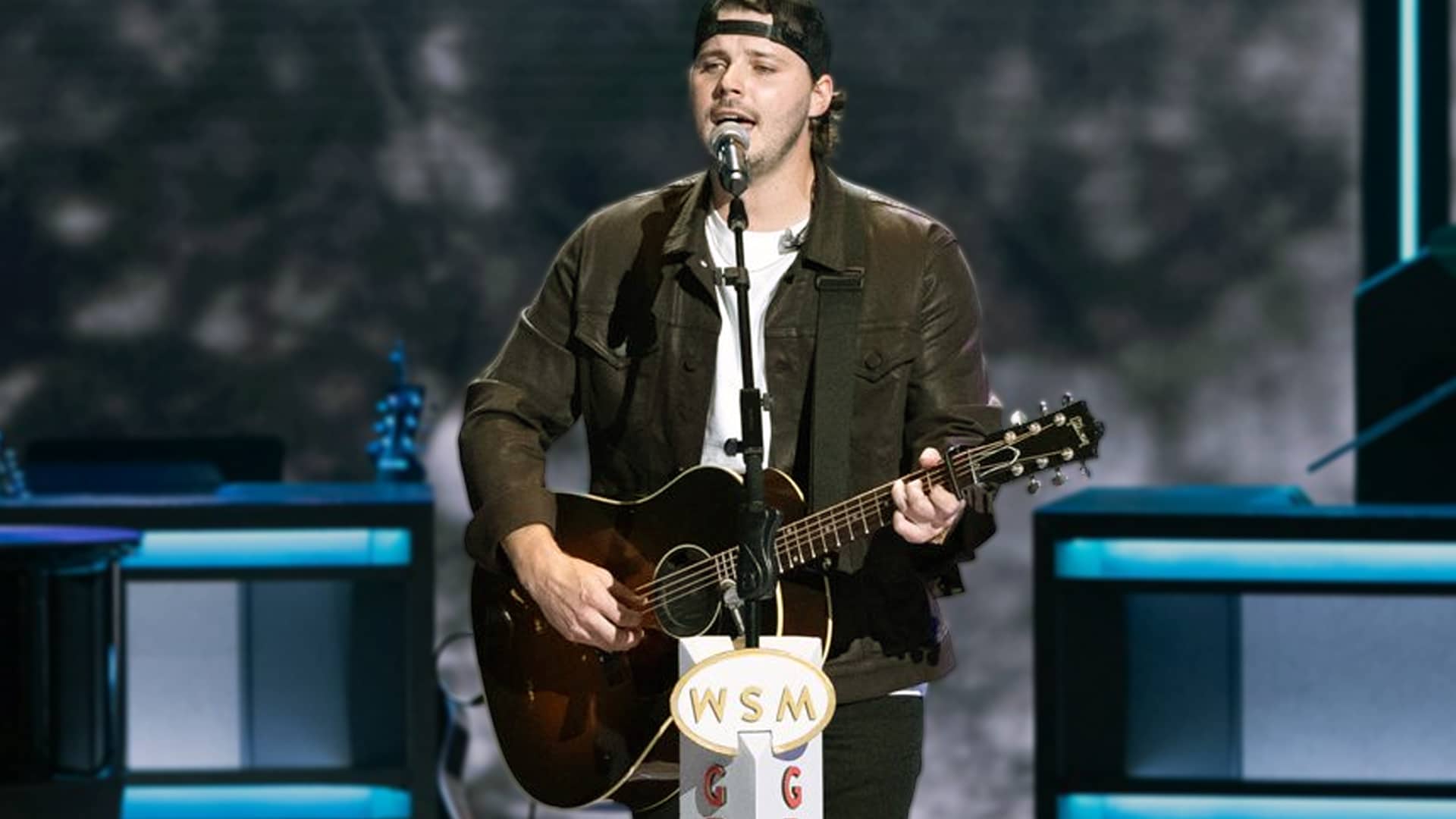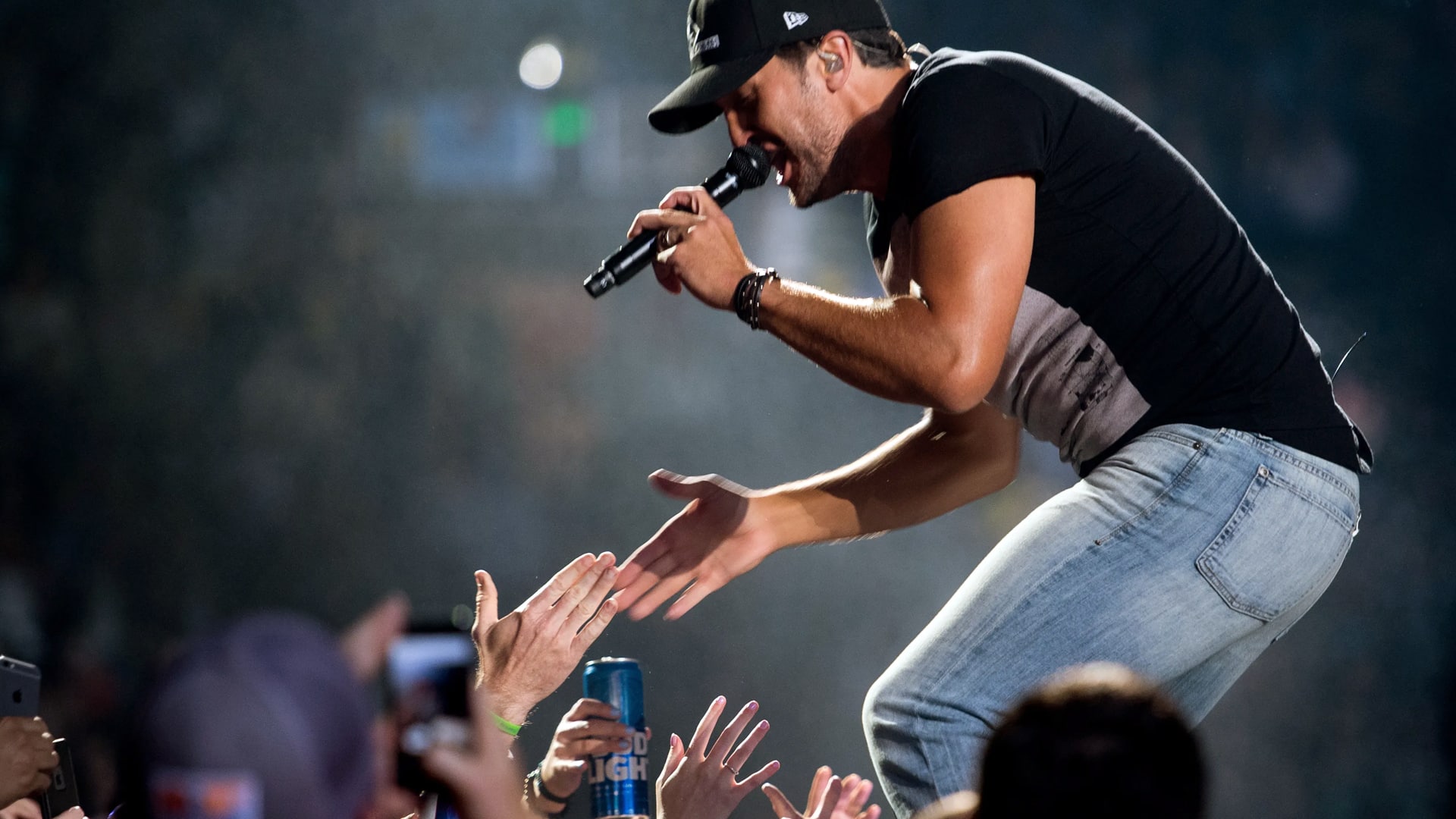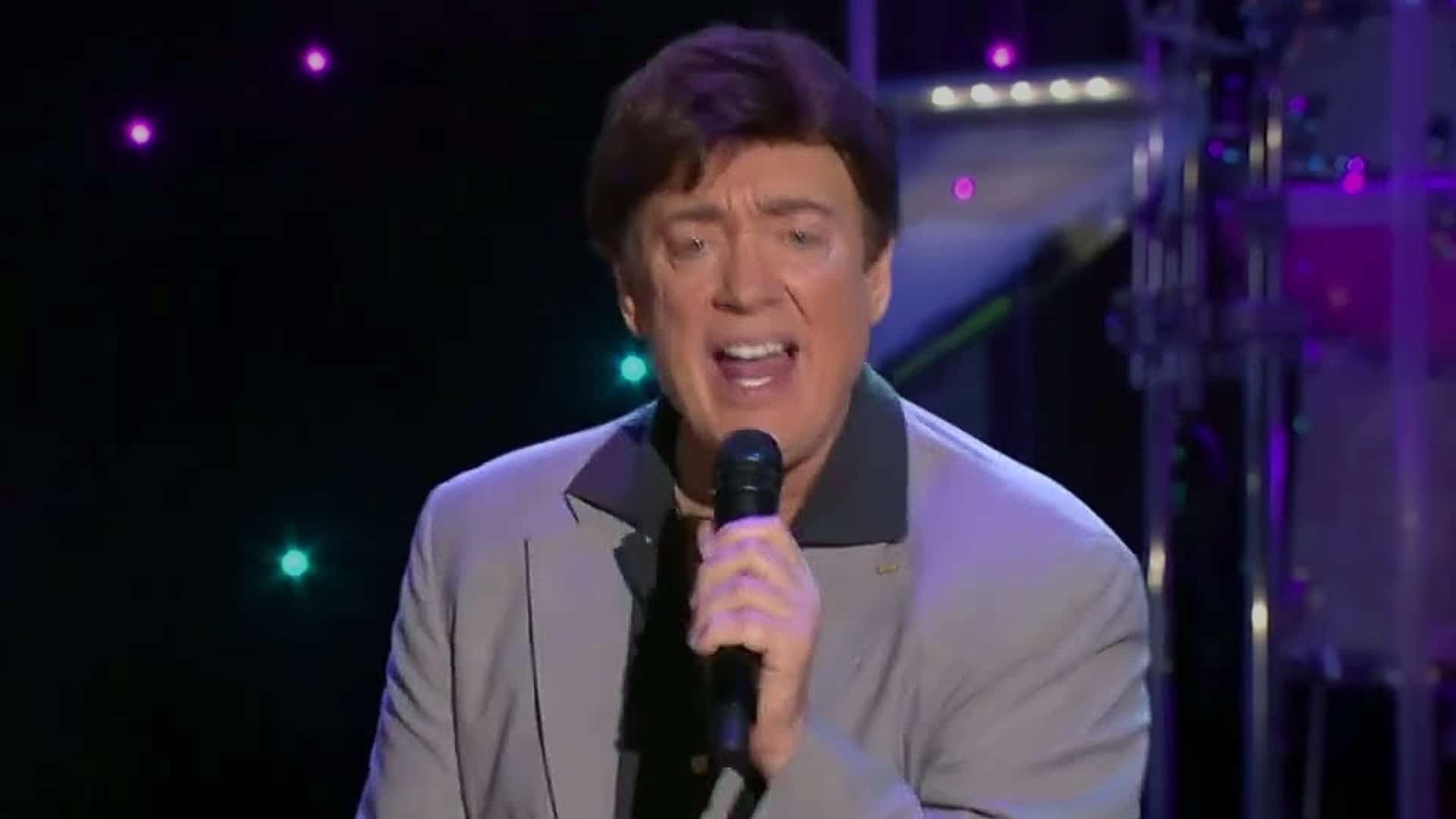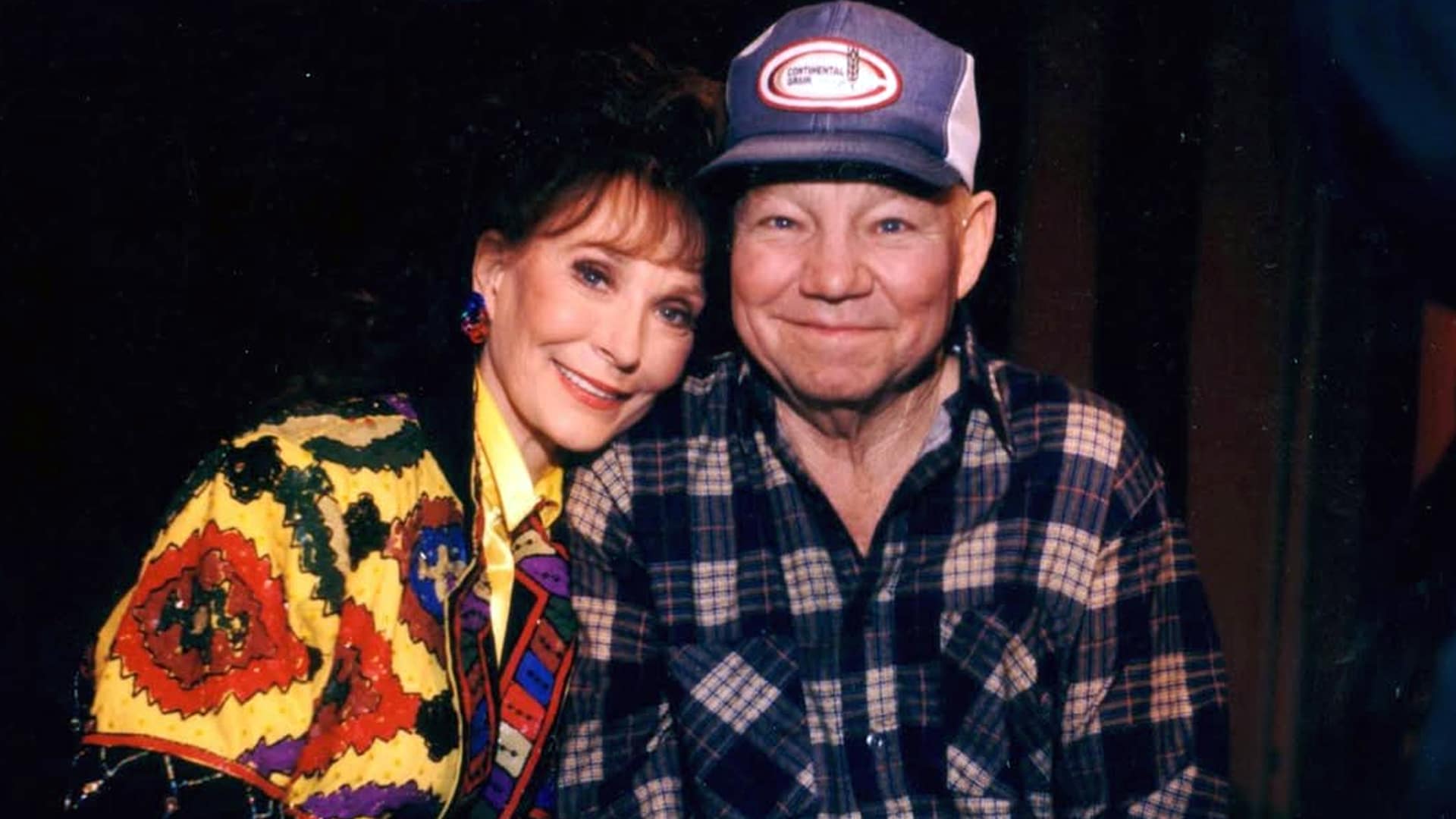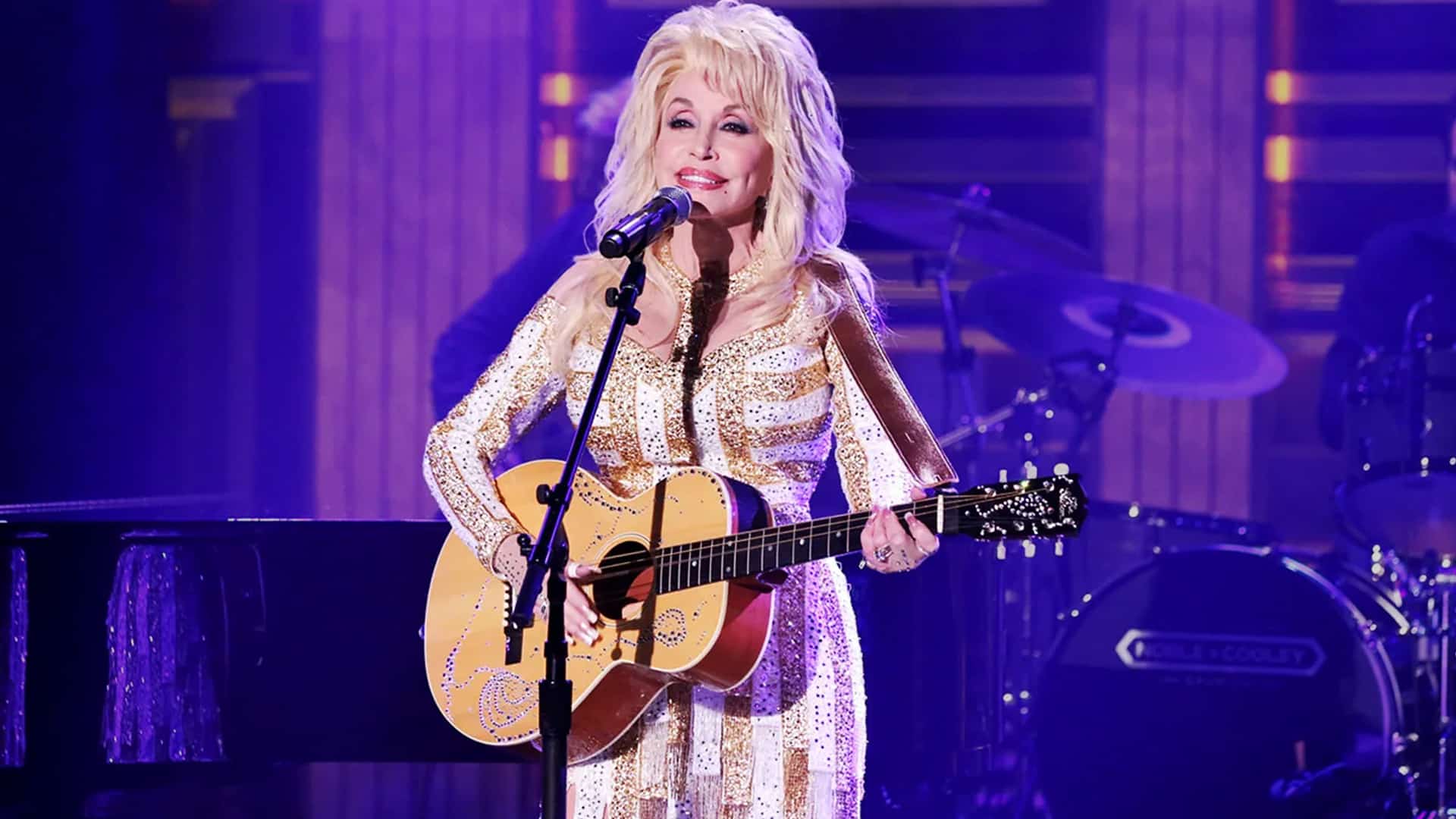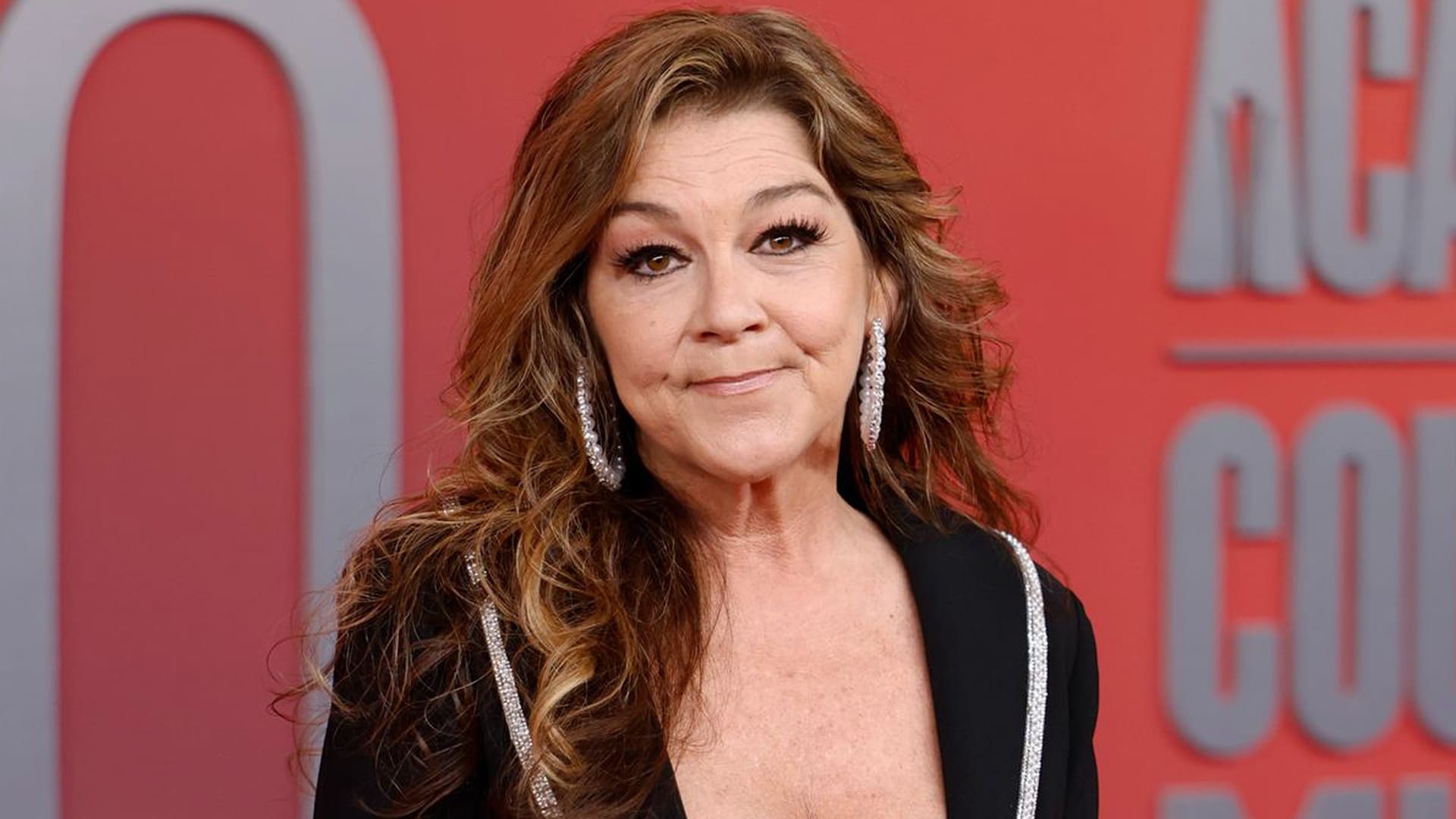It is undeniable that Johnny Cash remains to be one of the legendary icons in country music history. But as successful as he was, his career was not without trouble. In fact, he encountered a lot of them, and one of the biggest ones was his banishment from the sacred institution of country music – the Grand Ole Opry.
Right off the start, Johnny Cash had a tumultuous relationship with the Opry. Jim Denny, who was Opry’s manager at the time, had his doubts over Cash performing on the sacred stage. One time, Denny looked at Cash with his black clothes, long hair, and sideburns and asked him what made him think that he belonged on the Opry. To which Cash replied that he got a record in the Top 10, and he thought they would like to hear him. He went on stage that night for his debut and sang “I Walk the Line,” “Get Rhythm,” and “So Doggo Lonesome.”
He performed the Opry until 1965, when he got banned for life after a drunken outburst. At the time, Cash was in a vicious cycle of amphetamines and barbiturates alongside drinking beer. And as time passed by, he would drink more and more, and then he would get on stage wrecked. One performance night, Cash drunkenly smashed all the lights on the Grand Ole Opry stage with the microphone stand.
After that, they told him that they couldn’t use him anymore, and so he left and used that as an excuse to go really wild. He wounded up in the hospital that night. Thankfully, he was able to recover from his rock bottom and was eventually invited to return to the Grand Ole Opry. He played on stage until his death in 2003.

